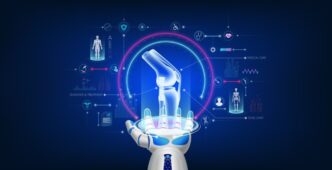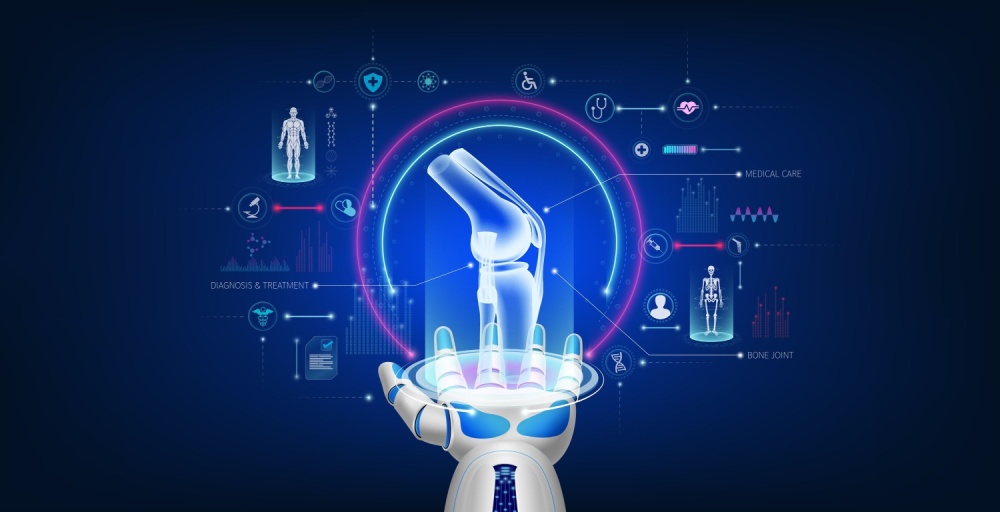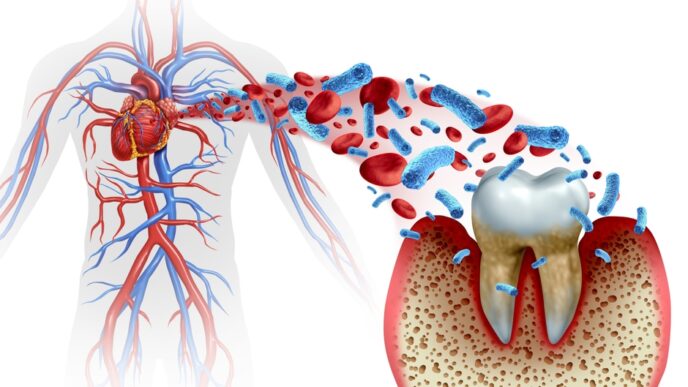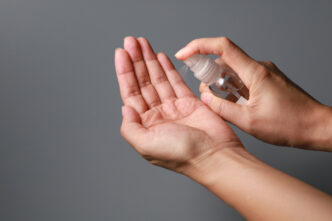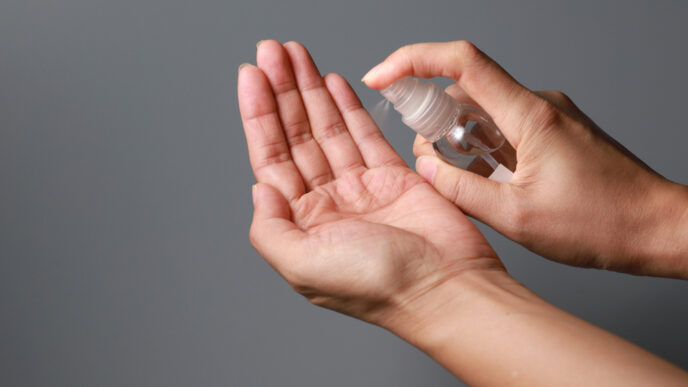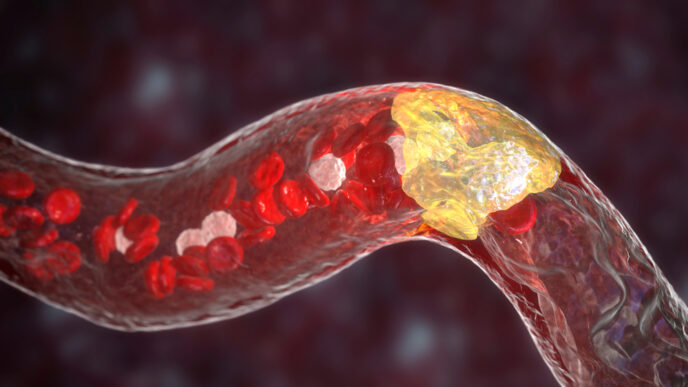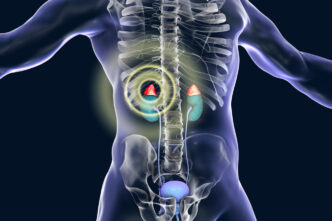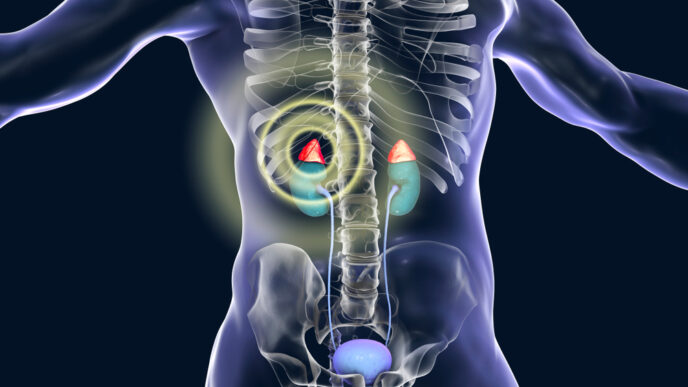Osteoporosis, often called the “silent thief,” is quietly becoming one of the most pressing health challenges in Malaysia and across Southeast Asia. It weakens bones over time, often without any symptoms — until a sudden fracture occurs. These fractures, especially in the hip, spine, and wrist, can lead to long-term disability, loss of independence, and even death in older adults.
WORDS ASSOCIATE PROFESSOR DR SANJIV RAMPAL
 FEATURED EXPERT FEATURED EXPERTASSOCIATE PROFESSOR DR SANJIV RAMPAL Consultant Orthopaedic Surgeon School of Medicine IMU University Website | Instagram | Facebook | X (Formerly Known as Twitter) | TikTok |
In the ASEAN region, the burden of osteoporosis is rising rapidly. It’s projected that over 50% of all hip fractures worldwide will occur in Asia by 2050. Malaysia is no exception.
With an ageing population—where nearly 15% of Malaysians will be aged 60 and above by 2030—the risk of osteoporosis and related fractures is growing every year. Yet, awareness remains low, and many people don’t realize they’re at risk until it’s too late.
What’s more concerning is that Malaysia’s average calcium intake is less than half the recommended amount, and vitamin D deficiency is widespread, especially among older adults.
Access to bone density scans (DEXA) is also limited, particularly in rural areas, making early detection a challenge.
But here’s the good news: osteoporosis is preventable and manageable. With the right knowledge and simple lifestyle changes, we can protect our bones and reduce the risk of fractures.
WHAT IS OSTEOPOROSIS, REALLY?
- Osteoporosis means your bones are losing density and becoming more porous, like a sponge instead of a solid brick.
- This makes them more likely to break, especially in the hip, spine, and wrist.
- These fractures can lead to long hospital stays, reduced mobility, and even life-threatening complications.
According to Malaysia’s latest guidelines, the people most likely to develop osteoporosis include:
- Women after menopause due to lower oestrogen levels
- Men over 50
- People with a family history of fractures
- Those with low body weight or poor nutrition
- Individuals with certain medical conditions or on long-term medications like steroids in patients of chronic inflammatory disorders
THE DEXA SCAN
There’s a simple test called a DEXA scan that checks your bone strength.
- It’s painless, quick, and very accurate.
- But in Malaysia, it’s underused—less than 20% of eligible patients get it.
- Why? Some people don’t know about it, some clinics don’t offer it, and others worry about the cost.
But early detection is key. If you’re over 50 or have risk factors, ask your doctor about getting a scan.
EVERYDAY TIPS TO KEEP YOUR BONES STRONG
Here’s what you can do to protect your bones, starting today.
Eat Bone-Friendly Foods
- Calcium-rich foods: Milk, yogurt, cheese, tofu, and leafy greens like kailan and spinach.
- Vitamin D: Found in eggs, fish, and fortified foods.
Get Some Sunlight
Just 10–15 minutes of sun a few times a week helps your body make vitamin D naturally.
Move Your Body
Try tai chi, yoga, brisk walking, or light resistance training. These help build bone strength and improve balance.
Cut Back on the Bad Stuff
Limit coffee to 2 cups a day, avoid smoking, and reduce alcohol intake.
WHEN FOOD AND EXERCISE ARE NOT ENOUGH
Sometimes, lifestyle changes aren’t enough, especially if you already have osteopenia or early bone loss.
In these cases, your doctor might recommend:
- Calcium and vitamin D supplements, especially if your diet or sun exposure is low.
- Bisphosphonates, which are medications that slow bone loss. These need to be taken properly — on an empty stomach, with water, and staying upright for 30 minutes to avoid side effects.
HOW YOUR GP CAN HELP
Your general practitioner (GP) is your first line of defense. They can:
- Identify if you’re at risk
- Recommend a DEXA scan
- Guide you on diet, exercise, and supplements
- Prescribe medications if needed
TAKE ACTION TODAY
Osteoporosis doesn’t have to sneak up on you.
With the right steps—healthy eating, regular movement, and a little sunshine—you can keep your bones strong and avoid fractures later in life.
So next time you visit your GP, ask: “How are my bones doing?” It might be the most important question you ask all year.
This article is part of our series on hacks and tips to lead a healthy and fulfilling life.
|

